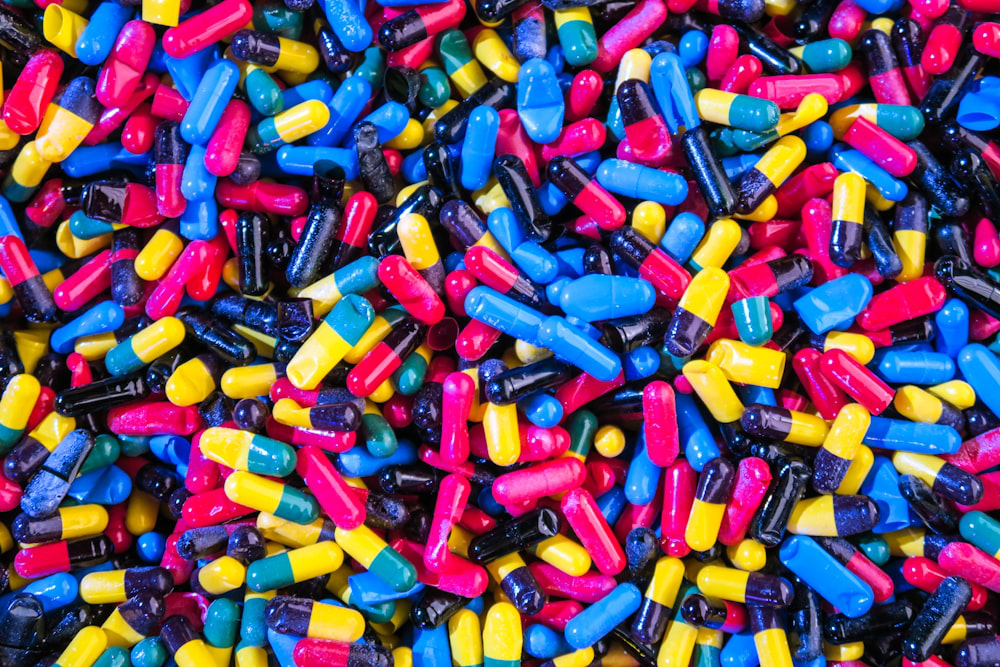When people think of addiction recovery, their minds often jump straight to the idea of someone packing a bag, saying goodbye to family, and vanishing into a 30-day residential program. Cue the dramatic music and slow-motion goodbye scene.
But the thing is that recovery doesn’t always look like a movie montage.
In fact, more and more people are turning to outpatient drug rehab as a practical, flexible, and incredibly effective path toward healing. And guess what? It works. But despite its success, outpatient rehab often gets side-eyed as the “less serious” option.
It’s time we shake off those outdated assumptions and give outpatient rehab the credit it truly deserves.
1. Outpatient Rehab: The Underdog That Delivers
Let’s be real—life doesn’t hit pause just because someone needs help. There are jobs to keep, kids to care for, bills to pay, and appointments that don’t reschedule themselves.
Outpatient drug rehab recognizes this. It offers structured support, addiction therapy in Miami, and recovery tools without asking someone to completely step away from their life. That’s not a compromise; it’s a solution that meets people exactly where they are.
And no, choosing outpatient doesn’t mean someone is “less committed” to recovery. In fact, navigating recovery while managing everyday responsibilities often takes more discipline and courage.
2. Busting the Biggest Myths About Outpatient Rehab
Let’s address the elephant in the room: dealing with addiction stigma. Outpatient rehab is often misunderstood, and these myths aren’t doing anyone any favors.
Myth #1: “Outpatient is only for mild cases.”
False. Many people with moderate to severe addiction find success in outpatient programs, especially when they have strong support systems and internal motivation.
Myth #2: “It’s not as effective as inpatient rehab.”
Also, false. Studies show that outpatient drug rehab can be just as effective, especially for individuals who are ready to engage in the process and stay committed.
Myth #3: “People will just relapse without constant supervision.”
Recovery isn’t about supervision; it’s about connection, education, and accountability. Miami outpatient detox programs are designed to foster all three in real-life contexts.
3. Flexibility That Fuels Progress
One of outpatient rehab’s greatest strengths? Flexibility.
Whether it’s attending therapy in the evening after work or meeting with a counselor during a lunch break, outpatient programs are structured around your schedule. This means people can recover without sacrificing their daily responsibilities or financial stability.
And this flexibility does more than just make things convenient—it reinforces the reality that recovery is part of everyday life, not something that happens in isolation.
4. Real Support in Real-Time
Outpatient drug rehab doesn’t exist in a bubble. It’s rooted in the real world, which is exactly where people need support the most.
By continuing to live at home and interact with their regular environment, individuals can immediately apply coping strategies, boundary-setting techniques, and stress management tools in real time. That instant feedback loop? It’s powerful.
What’s more, outpatient care encourages clients to build long-term recovery habits that last well beyond the program. That’s not just treatment—that’s transformation.

5. The Power of Community Connection
Let’s not underestimate the value of community. Drug treatment centers in Miami often bring together people from all walks of life, parents, professionals, and students, who are all working toward the same goal.
Therapy sessions become more than just a checkbox on the recovery list; they become spaces for real talk, shared experiences, laughter, vulnerability, and even friendship. That sense of connection can be just as healing as any treatment modality.
And when individuals feel seen, supported, and understood, they’re more likely to stay engaged and hopeful.
6. Designed for Long-Term Success
One size doesn’t fit all in recovery. That’s why outpatient programs are tailored to individual needs, whether someone needs help managing triggers, dealing with co-occurring mental health issues, or navigating family dynamics.
Clients are often equipped with relapse prevention tools, individualized treatment plans, regular check-ins, and access to mental health resources, all while continuing to build life skills and routines outside of treatment.
The result? A smoother transition from treatment into independent, sustainable recovery.
7. Shifting the Narrative
The more we normalize outpatient drug rehab as a valid and powerful path to recovery, the more we empower people to seek help without shame or hesitation.
Not everyone can, or should, step away from their life for 30+ days. And they shouldn’t have to.
Outpatient rehab meets people with empathy and offers healing without the life disruption. It’s time we shift the narrative: choosing outpatient rehab isn’t a lesser path—it’s a courageous one.
At CPC, we believe in recovery that fits your life. Our outpatient drug rehab in Miami program offers expert care, real-world support, and a judgment-free space to heal. Ready to take the next step? We’re here for you—no pressure, no shame. Just genuine help. Call our Florida psychiatric center today.



